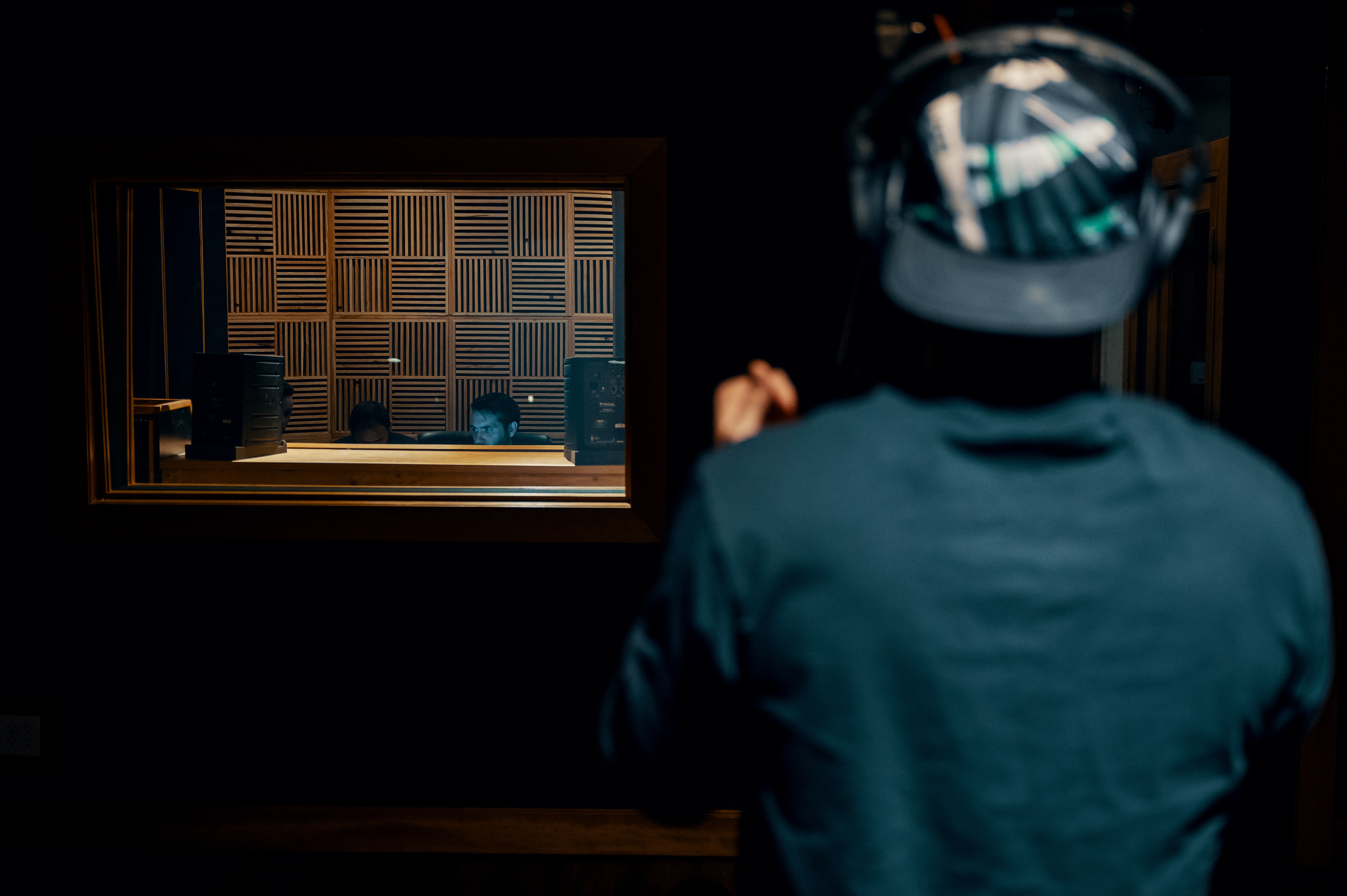
Going solo or as part of the team; it doesn’t matter whichever path you take, there is a high chance you will be collabing with a few outsiders along the way on your career.
Communication skills are the key when it comes to bringing the product (your music) to the highest level possible. This does not mean happy happy joy joy months of smooth sailing with your fellow creators, in fact, a good discussion here and there is likely to be recommended to have rather than to avoid.
Why is that?
Because as long as the goal is clear with the intention of “making the best out of what can be done” and it is a shared opinion or passion between the parties invested in the quality of the product, no argument is there to bring anyone or anything down. On the contrary, it is to lift the product up. If there is a heated argument in which both sides are fighting for what is best for the music, there is a high chance the result will please both sides. If the argument has any underlying agenda, the music won’t pass being some sort of a vessel for hidden issues to be worked out over, hence it might not even become a product.

For maintaining a healthy environment, we can give you a rule of the thumb;
Know who is doing what for what. Devotion levels may not be even, and that’s okay, as long as it is transparent. Some will only want the money, and some will want something more on top of that. Investment levels may not be even, and that’s okay, as long as the earnings (acknowledgement as much as profit) are shared rightfully. Not everyone needs to shed their blood, tears and sweat over a project as much as the others do, and that's okay as long as they (or you) are aware of it and don't ask for equal comeback. Decision making powers may not be even, and that’s okay, as long as roles are defined with transparency from the start.
Outside of this, be positive, be constructive and be curious. May it be with your fellow musicians, or production management, organization, design departments of your musical path, any time a feedback is required;
Always start with positive feedback.
“I like this a lot”, “This details is exactly the way I imagined it to be so”, “I like the layout of the design very much”, “The guitar tone is very convincing”.
Even if they are obvious niceties, the maker will appreciate hearing them. Positive feedback is key to open the gates for a productive comment chain to begin. You may be a trombone player that is shy about providing even positive feedback on the string section arrangements, but at the end of the day the arranger will be doing this arrangement to reach out to non-arranger folk, hence your feedback will be equally appreciated.
Go on with constructive commentary that is authentic to you.
Be as clear and as kind as possible. It is possible to do both at the same time. “I hear the lyrics loud and clear in the mix which is amazing, and I think having more drums by the end could show the energy even better”, “Colors are amazing but I think the text is a bit small for people to read on the street”, “I noticed and liked what you did with the dynamics on the C section, but I liked the previous version as well, how about something in the middle?”, “I especially liked the close ups in 04:22, but heads up, 03:15-03:20 has a timing issue!”
Ask people what they think about your feedback.
Curiosity doesn't kill the collaborator. It is important for you to know if your words provided the right input before the next session. If they did, and the person is agreeing with you on the details you pointed out, you can be sure to follow the same approach next time, which is a valuable lesson on its own. If they didn’t get what you meant entirely, now is a good time to find other words to express the same thing again. Your colleague might be more easy to communicate with with other means; maybe this time with numbers or letters or color codes. Looking to find alternative ways to clear out your message is a healthier way than expecting what you have suggested to sort itself out magically until the next meeting if your feedback wasn't understood by the receiver. By staying on the curious side, you guarantee that the assumptions will banish before even being created.
It is also important for people to feel that their opinions matter even if it doesn’t match with yours. If there is disagreement, ask them why they disagree with you; either they have a really valid reason that you did not consider until now which might change your opinion, or they have a different motive than yours that needed to be seen and acknowledged by you and talked through in order for your team members to understand your perspective. Depending on the predefined structure within the team; regarding if there is a leadership, a chain of command or horizontal management, the disagreement should come to a conclusion based on the final decision of “the chosen one”, or a leveled compromise can be invented now that everybody has their cards on the table.
As a last note; always keep in mind that any long-term collaboration will always be a bumpier ride than the one you would have with a hired gun; a session musician, an arranger for one track or an album, a recording engineer that you only see in a sterile studio environment, or a one timer photographer or designer. But this on its own is just a fact, not a suggestion to make a choice out of.
Saying this, here at AlbumCoverZone, we take one line off your list of “people to find/communicate with” in order to produce your music by offering you thousands of premade unique album cover designs for you to choose from and in case of request, we also provide custom album cover design services. So go ahead and take a look; we have been long-term collaborators with countless musicians and would love to have you on board!